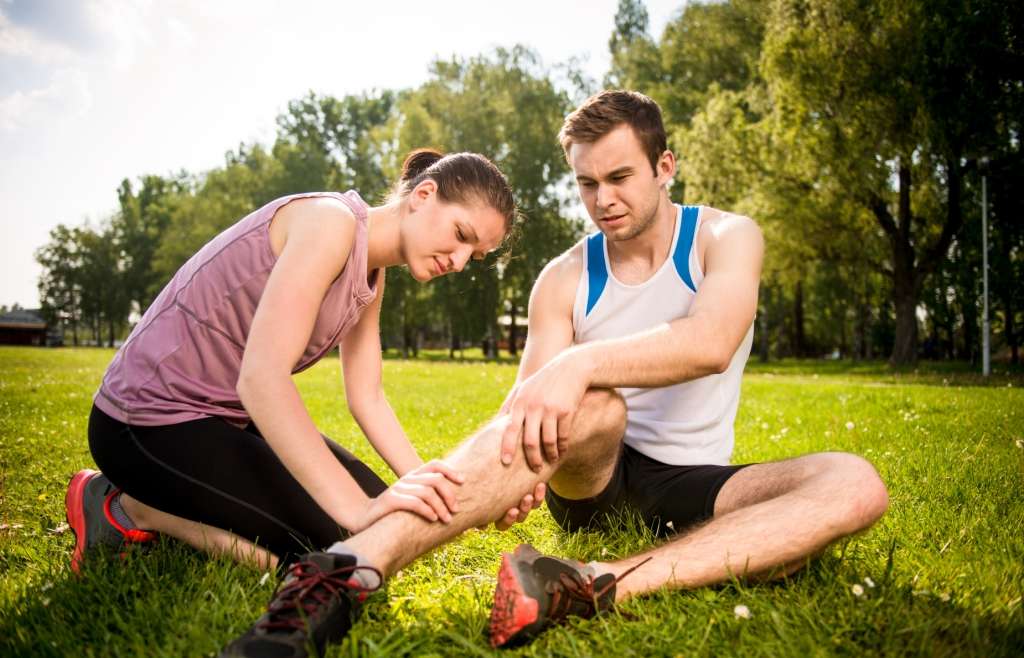There’s no doubt that training for an event can be particularly gruelling, whether it’s a triathlon, half marathon or other fitness challenge. Exerting your body over a sustained period of time with different exercises often leads to a very common complaint: muscle cramps.

What is muscle cramp?
To provide a little background, a muscle cramp is where there is a sudden, involuntary contraction of one or more muscles, affecting any part of the leg (although most commonly the calf). They consequently make the leg muscles tight and painful – and whilst they typically last for less than an hour, there may be some residual pain and tenderness felt for a further several hours. There may also be a lump that forms beneath the muscle.
Why do muscles cramp?
There are a wide variety of reasons why muscles cramp – most commonly including long periods of exertion, training and exercise, particularly during periods of hot weather. Beyond this however there are also a number of medical conditions (and more pointedly, medications) that can lead to cramping. Finally cramps can also happen at random (anyone who has ever woken in the night by a sudden leg spasm will know this all too well).
How do you prevent it?
Preventing muscle cramps should serve as a primary goal of anyone training for an event – after all, who wants to spend months upon months training only to fall at the final hurdle with a race ending spasm? The following tips will help to ensure that the chances of muscles cramps are kept to a minimum:
1) Drink lots of water – throughout the day, and throughout training
Dehydration is major contributor to muscle cramps, so keep your water intake up both well before any training, as well as during.
2) Warm-up and stretch thoroughly prior to training
Warming up and stretching out thoroughly is a must before every training session – and is also essential for ensuring that your muscles can put in their best performance.
3) Ensure you follow good posture practice
Bad posture during running can be the fastest way to bring about a cramp. However this is one tip that is often forgotten once you start becoming tired, particularly in the latter stages of the event.
4) Maintain deep breaths
This can help ensure that your muscles are receiving a good supply of oxygen, driving down the potential for cramps.
When should you see a specialist?
Whilst muscle cramps are typically self-treatable (and moreover, largely avoidable with the tips above), there are certain cases where medical advice should be sought. Namely when:
– They cause extreme pain;
– They are accompanied with swelling, redness and skin conditions;
– They bring about muscle weakness;
– They happen regularly;
– The residual pain doesn’t subside;
– They happen relatively frequently and the individual doesn’t undertake strenuous exercise.
We can help prevent muscle cramp by ensuring that the muscles and fascia are appropriately lengthened by massage techniques which also improve blood flow. We have three massage therapists at the Royal Arsenal, so call us 020 3589 8664 to book your appointment.
Plus if you come to us for a regular massage, we’ll give you a discount.



Add Comment